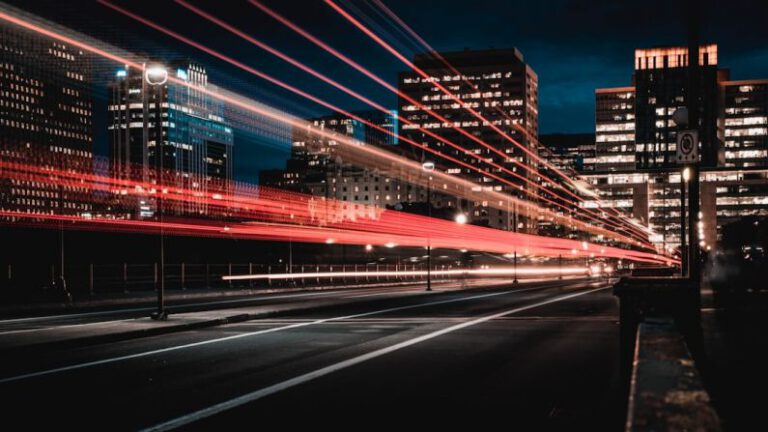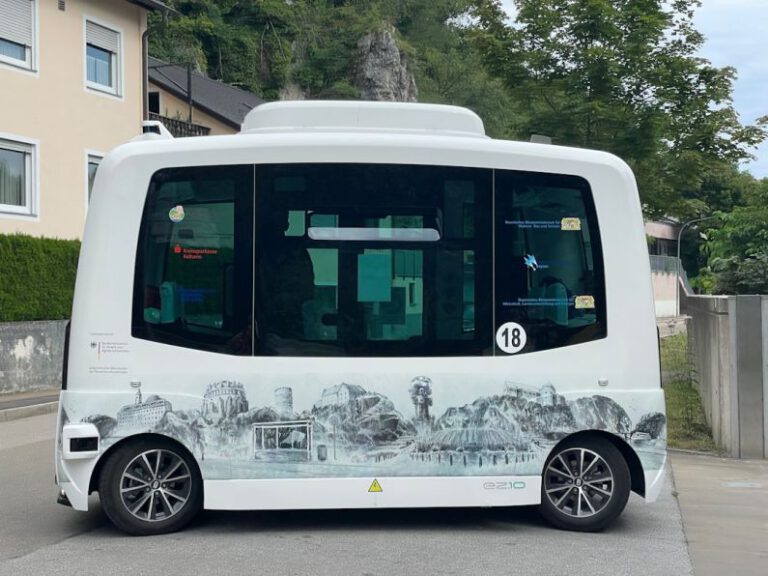Responsive Cities: Using Ai to Enhance Urban Living
The urban landscape is constantly evolving, with technology playing a pivotal role in shaping the way we live in cities. As populations grow, city planners and policymakers are faced with the challenge of creating sustainable and efficient urban environments that cater to the needs of residents. One of the key technologies that is revolutionizing urban living is artificial intelligence (AI). By harnessing the power of AI, cities can become more responsive and adaptive, leading to improved quality of life for their inhabitants.
**AI in Urban Planning**
Urban planning is a complex and multifaceted process that involves balancing the needs of different stakeholders while ensuring the sustainable growth of a city. AI is being increasingly used in urban planning to analyze vast amounts of data and predict future trends. By leveraging AI algorithms, city planners can make more informed decisions regarding infrastructure development, transportation systems, and resource allocation. This data-driven approach allows cities to optimize their resources and plan for future growth in a more efficient and sustainable manner.
**Smart Transportation Systems**
One of the key areas where AI is making a significant impact is in the realm of transportation. Smart transportation systems powered by AI algorithms can help cities reduce traffic congestion, improve public transportation networks, and enhance overall mobility. AI-powered traffic management systems can analyze real-time traffic data to optimize traffic flow, reduce travel times, and minimize carbon emissions. Additionally, AI can be used to develop autonomous vehicles, further revolutionizing the way people move around cities.
**Enhancing Public Safety**
AI is also being used to enhance public safety in cities. By analyzing data from various sources such as surveillance cameras, social media, and emergency calls, AI algorithms can help law enforcement agencies predict and prevent crimes more effectively. AI-powered systems can identify patterns and anomalies in data to anticipate criminal activities and deploy resources proactively. Furthermore, AI can assist in disaster response by quickly assessing the impact of natural disasters and coordinating emergency services to affected areas.
**Sustainability and Energy Efficiency**
Creating sustainable and energy-efficient cities is a top priority for urban planners around the world. AI technologies can play a crucial role in achieving these goals by optimizing energy consumption, reducing waste, and promoting renewable energy sources. Smart building management systems powered by AI can monitor and control energy usage in real-time, leading to significant cost savings and environmental benefits. AI can also help cities implement waste management strategies that prioritize recycling and reduce landfill waste.
**Challenges and Ethical Considerations**
While the potential benefits of using AI in urban environments are vast, there are also challenges and ethical considerations that need to be addressed. One of the key concerns is data privacy and security, as AI systems often rely on vast amounts of personal data to function effectively. City planners must ensure that data collection and storage comply with strict privacy regulations to protect the rights of residents. Additionally, there is a need for transparency and accountability in the development and deployment of AI technologies to prevent biases and discrimination.
**The Future of Responsive Cities**
As technology continues to advance at a rapid pace, the concept of responsive cities powered by AI is becoming increasingly achievable. By leveraging the capabilities of AI, cities can enhance urban living by creating more sustainable, efficient, and livable environments for their residents. From smart transportation systems to energy-efficient buildings, AI has the potential to revolutionize the way we experience and interact with urban spaces. As we look to the future, it is clear that AI will play a central role in shaping the cities of tomorrow.






